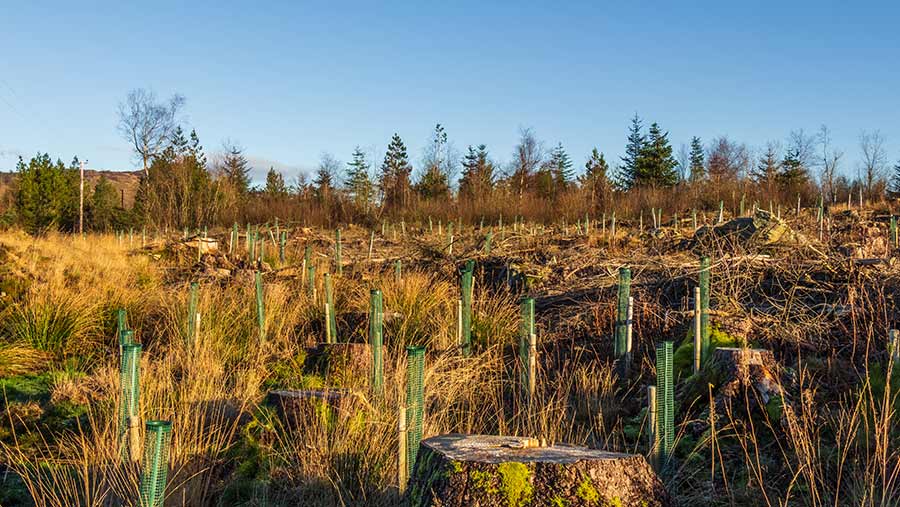FW Opinion: Rewilding will be a business decision
 © Adobe Stock
© Adobe Stock A recent tweet by well-known East Yorkshire arable farmer Paul Temple has revealed the diversity of opinion that exists around the controversial subject of rewilding.
Mr Temple’s initial comment reflects the scepticism that is commonplace in farming as he described news that a nearby 300-acre farm is to be rewilded as “environmental subsidy gone mad” and “not sustainable”.
His views were echoed by many of the 45 mainly farmers who chose to comment on the thread.
“It’s bonkers,” said one. “Thistles, ragwort, blackthorn… it’ll take some fettling should it come back into production.” Another tweeted: “What’s crazy is seemingly receiving more money for growing nothing, rather than for growing a crop.”
A third contributor reflected on food self-sufficiency, saying rewilding was “taking good land out of food production”, while another saw it as “a drain on local farmers looking to rent productive land”.
See also: Rewilding could have its place if carefully managed
But not all were so negative. “Farming has always been about growing what the consumer demands,” said one Suffolk arable farmer. “If that is environmental goods, and for the farmer the risk is lower than growing food, then why not?”
“I don’t see the issue with this,” tweeted another. “We don’t have to feed the world anymore. Do what’s right for your business.”
So what to make of it all? It is certainly easy to feel indignant when a farmer’s primary function is surely to produce food.
But times are changing, and so too are attitudes.
There is a growing realisation that full-on, intensive agriculture has, in some cases, damaged the environment, and there is a general acceptance that the sector should play its part in aiding nature recovery.
Interest in rewilding is growing, too. Last week we reported on the efforts of three farmers in East Anglia to encourage all farmers in the region to set aside 1% of their land for nature recovery in the run-up to November’s COP26 climate change conference in Glasgow.
And this week we report on landscape company Ground Control’s purchase of Grays Farm in Essex, which it plans to convert into a rewilding “centre of excellence”.
Of course there is a difference between pure rewilding – allowing the land to revert to nature completely – and agri-environment schemes, where farmers are paid to reduce output and increase environmental delivery.
This latter approach is very much the thrust of government policy, as Defra forges ahead with its Environmental Land Management scheme.
It is not without its risks – the primary one being that, with support for food production sidelined, the country will become even more dependent on imports, potentially offshoring the industry’s carbon and environmental footprint. That must be avoided.
There is also a danger that support for real farmers will shrink. We already know that Defra plans to allocate a third of available resources to the Sustainable Farming Incentive, a third to Local Nature Recovery and a third to Landscape Recovery – the latter of which is likely to benefit large businesses and conservation bodies, rather than farmers.
A balance needs to be struck. Isolated pockets of rewilding will achieve little, but a policy that encourages and rewards farmers for integrating nature recovery within their farming systems can have multiple benefits.
At the end of the day, farmers are business people and will respond to financial signals, be they market-driven or determined by government.
There is nothing wrong with that. As one tweeter observed: “If better money is there for growing bird food or flowers, take it.”

